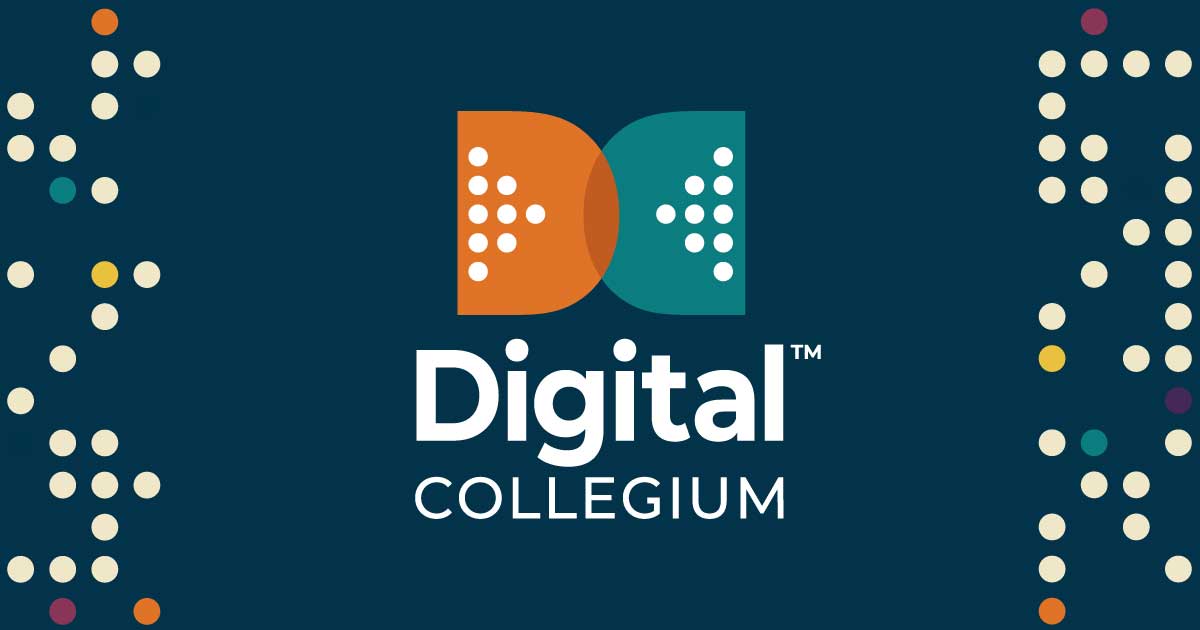The academic programs and majors are the product your audience is looking to get, yet many colleges present program pages that are bland at best and jargon-y and off-putting at worst. In her presentation “Tear Down the Wall: Building Relationships through Program Promotion,” Tonya Oaks Smith of Henderson State University discussed how they took an active approach to market academic programs in new and interesting ways.
In leading “a team of humans who build and strengthen relationships by telling the Reddie story,” Tonya said their team tried to span the disconnect between old program pages and prospective students — especially since 55 percent of Henderson State students are first generation and have no frame of reference for some of the academic-speak on the web.
Emphasizing outcomes was especially important, since prospective students are especially interested in knowing job placement rates, grad placement rates and what the degree can do for them. Sites without testimonials are missing an opportunity to show future students why they should choose that college and major. With an eye toward what prospective students might want, Tonya and her team set out to build a better set of program pages.
The new pages had a testimonial on the top and prominently displayed calls to action plus contact information. They rolled out a microcampaign for each with a “program of the week” that could include a student testimonial, a faculty profile, an alumni profile, a promotional video and even a livestream of a class that all students in the major could expect to take. She recommended starting with departments who are responsive and appreciate the opportunity to build a proof of concept.
The net result? Henderson State tripled the number of requests for information over the previous year. While some faculty were reluctant, the opportunity to profile some professors reinforced the crucial role good faculty play in making a college viable and valuable, and they played a role in recommending students to profile. While not the original target market, alumni loved it because highlighting the college validated their choices (and nostalgia never hurts). Current students enjoyed seeing the attention to their majors and their experiences as well.
Tonya closed with five pieces of advice:
- Keep your content simple: that makes it easier to delivery quality
- Keep you content achievable: Make sure your requirements work for all programs (i.e. not every program has a research component.
- Keep your content quality: All your stakeholders will appreciate your attention to detail
- Keep your content stress-free (or as stress-free as possible): Don’t let the creation of content bog you down or become a chore; there’s always something fun to find in any academic program.
- Keep your content accountable: Tonya shared the metrics with the departments to show that the effort found success.
